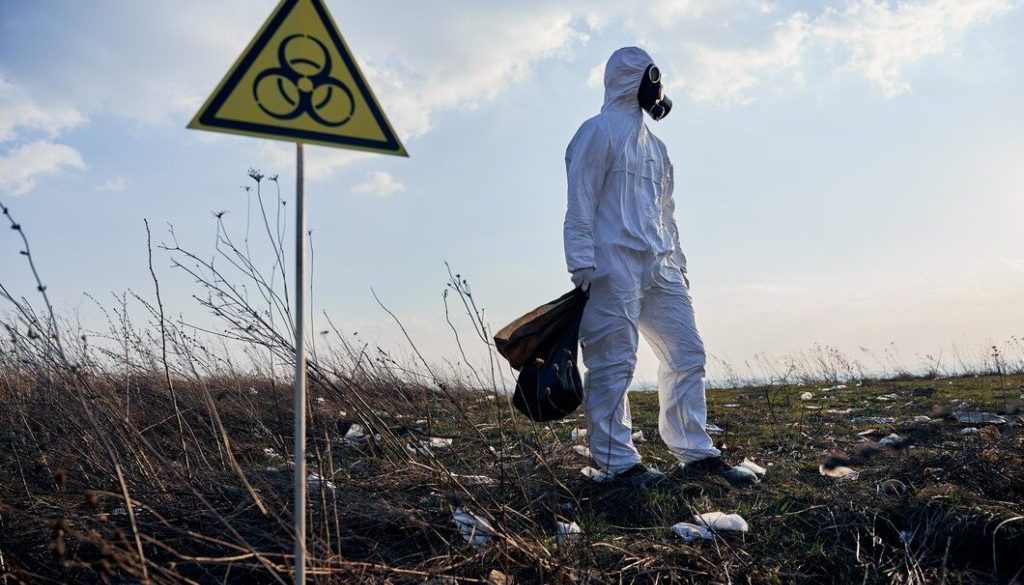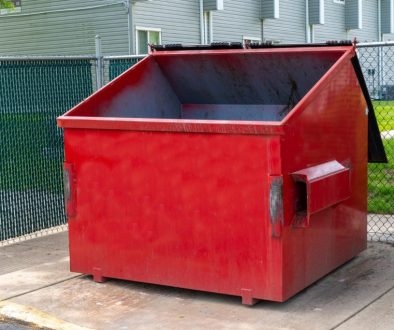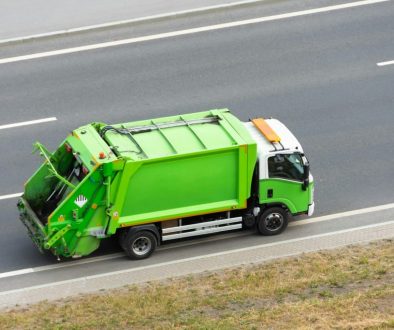Dealing with hazardous waste is a challenging and critical aspect of waste management, as improper disposal can lead to significant environmental damage and pose serious health risks to the public. Businesses and households alike need to be aware of the proper methods for disposing of hazardous waste and understand the regulations that govern its handling and disposal. In this comprehensive guide, we will delve into the key aspects of hazardous waste disposal, covering essential regulatory requirements, classifications of hazardous waste, and the essential procedures for responsible and compliant handling and disposal.
Our goal is to help businesses and households make informed decisions when it comes to hazardous waste management, ensuring the protection of the environment, public health, and compliance with legal requirements. By shedding light on the intricacies and best practices of hazardous waste disposal, we aim to empower you with the knowledge needed to navigate this complex process with confidence.
1. Understanding Hazardous Waste: Classification and Types
Identifying hazardous waste is the crucial first step towards proper disposal. Hazardous waste can be classified into different categories based on their properties and potential risks:
- Chemical waste: This includes waste containing toxic chemicals, solvents, or corrosive substances that can pose significant risks to human health and the environment.
- Electronic waste: E-waste such as old televisions, computers, batteries, and mobile phones contains hazardous materials like lead and mercury, requiring special care during disposal.
- Medical waste: Waste generated from healthcare facilities, such as used needles, syringes, and pharmaceutical products, can pose severe health risks and must be handled with extreme caution.
- Other hazardous waste: This category includes items like asbestos-containing materials, refrigerators containing ozone-depleting substances, and waste oils.
Understanding the specific classification of hazardous waste will help ensure appropriate disposal methods are utilised while complying with relevant regulations.
2. The Importance of Proper Hazardous Waste Disposal
Responsible hazardous waste disposal is essential to minimise its impact on the environment and public health:
- Environmental protection: Hazardous waste incorrectly disposed of can lead to soil, water, and air pollution, which in turn can harm ecosystems and wildlife.
- Public health and safety: Exposure to hazardous waste can cause various health issues, ranging from minor irritation and allergies to severe and long-term illnesses.
- Legal compliance: Businesses and households that fail to comply with hazardous waste regulations face penalties, legal sanctions, and potential damage to their reputation.
By committing to proper hazardous waste disposal, you can help safeguard our environment while also protecting human health and staying within the bounds of the law.
3. Hazardous Waste Regulations and Compliance
Complying with hazardous waste regulations is vital for businesses and households alike:
- Waste Duty of Care: The Waste Duty of Care legislation obliges those who produce, transport, or dispose of hazardous waste to ensure its proper handling and treatment.
- Hazardous Waste Regulations: Specific regulations outline the proper storage, transportation, and disposal of hazardous waste materials. For example, the European Waste Catalogue (EWC) provides a comprehensive list of waste codes, assisting with the correct classification and documentation of hazardous waste.
- Registering as a hazardous waste producer: Businesses generating a certain amount of hazardous waste per year may need to register with the appropriate government agency, in addition to adhering to proper disposal practices.
Understanding and complying with relevant hazardous waste regulations help ensure both environmental protection and legal compliance.
4. Partnering with Professional Waste Management Services for Hazardous Waste Disposal
Engaging with professional waste management services can provide numerous advantages when it comes to disposing of hazardous waste:
- Expert knowledge and experience: Waste management professionals possess extensive knowledge of hazardous waste handling and disposal, ensuring that waste is managed in compliance with applicable regulations.
- Safe and reliable disposal: Partnering with a professional waste disposal service guarantees that hazardous waste will be treated and disposed of correctly, minimising risks to the environment and public health.
- Convenience and cost-effectiveness: Waste disposal companies can offer tailor-made solutions for hazardous waste management, saving businesses and households time, effort, and potential costs associated with non-compliance penalties.
Conclusion
Navigating the complexities of hazardous waste disposal can be an overwhelming task for both businesses and households. However, understanding the classifications of hazardous waste, the significance of proper disposal, and the steps needed to ensure regulatory compliance can greatly streamline this process. By partnering with professional waste management services, you can further simplify hazardous waste disposal, benefiting from expert knowledge, safe disposal practices, and cost-effective waste management solutions.
As a family-run skip hire in Stafford, we are dedicated to providing comprehensive waste management solutions for various waste types, including hazardous waste. If you require assistance with hazardous waste disposal or have any enquiries, do not hesitate to contact us. Together, we can work towards a safer and more sustainable future by promoting responsible hazardous waste management practices.




